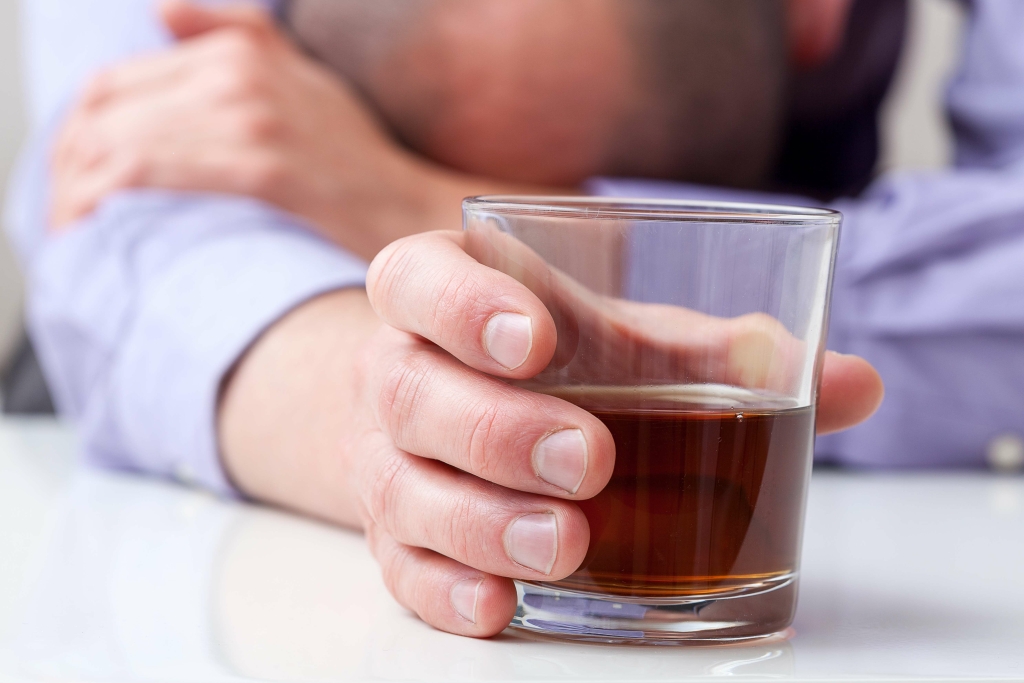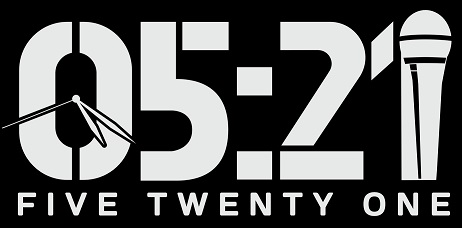Your basket is currently empty!
Diet for Recovering Alcoholics
Business professional in the Addiction Recovery and Mental Health industry for the past 26 years. Periodic fasting, which consists of fasting for 24-hour periods a couple of times during each week, can mean autophagy occurs at around the 18-hour mark. Periodic fasting also speeds up the process of restoring amino acids. If this is a concern for you, consider periodic fasting if intermittent fasting isn’t helping you as quickly as you’d like. An overall healthy diet and lifestyle can have beneficial effects.

No amount of positive thinking, group therapy, or spiritual guidance can help when the cause of your problem is physiological. Lack of these nutrients can result in anemia, which makes the sufferer feel cold, lethargic and frequently dizzy. They may also experience frequent headaches and feel short of breath. It eases inflammation and protects the thin layer that surrounds your brain cells, called the cell membrane. Canola, olive, safflower, sesame, and sunflower oils are good sources of healthy fats.
Sunflower Seeds and Nutritional Yeast
Additionally, healthy fats support overall health by reducing inflammation, promoting heart health and aiding the absorption of fat-soluble vitamins often deficient in those with alcohol dependency. Another strategy to consider is the use of kombucha tea to stand in and provide relaxation during times you’d normally desire alcohol. Kombucha is a fizzy, fermented tea created with yeast and bacteria cultures that can help you improve your gut health. While the fermentation creates a bit of alcohol in kombucha tea, it’s incredibly small, under 0.5%. It’s recommended to use tea that’s low in sugar and proceed with caution with any beer or wine stand-in.
- To get more zinc, eat oysters, grass-fed beef, pumpkin seeds, cashews, mushrooms, and spinach.
- Other options include eggs, milk, beans, lentils, and whole grains.
- Plus, there is a correlation between less nutritious food intake and alcohol intake.
A good plan is essential to maximize the benefit of changing your diet and stick with the changes during recovery. Alcohol is an empty calorie, increasing your calorie intake without actually providing nutritional value. Heavily drinking increases calorie intake significantly, making you more likely to gain weight. Experienced Chief Executive Addiction Recovery and Mental Health Professional Business https://g-markets.net/sober-living/thoughts-of-recovery-no-17-the-spiritual-malady/ professional in the Addiction Recovery and Mental Health industry for the past 26 years. Caring, compassionate and strongly motivated to make a difference in the organizations I am affiliated with and welfare of the population we serve. Currently focused on advocating, educating and developing projects leveraging evidence based, real time technology to support individuals in recovery.
Why Does Alcohol Withdrawal Cause Food Cravings?
Sugar can also provide a dopamine release, which can feel especially satisfying for someone already craving the dopamine burst alcohol provides. This can be desirable for those managing withdrawal symptoms like fatigue and insomnia. As we’ll discuss below, it’s best to avoid these types of food in order to keep your body as healthy as possible as it navigates withdrawal symptoms and recovers from alcohol. Nutritional supplements can play an important role in alcohol recovery, assisting in replenishing the nutrients often depleted due to alcohol misuse. B vitamins such as thiamine (vitamin B1) and folate (vitamin B9) are critical for brain function and energy production, which can be negatively impacted by chronic alcohol consumption.

This occurs as both substances use similar pathways in the body to metabolize them. If you’re currently dealing with AUD, it’s recommended that you talk with a healthcare professional about getting help. They can provide the necessary support and guidance throughout your recovery. One 2019 study found that a significant portion of individuals with AUD admitted to the intensive care unit (ICU) had vitamin C deficiency, with 42% being severely deficient. The research suggests that vitamin C supplementation, in addition to thiamine, should be considered for these individuals.
Vitamin D
That’s why it’s important to eat three meals a day plus snacks as your body heals. If you don’t feel hungry, think about taking nutritional supplements. Alcohol interacts with neurotransmitters including gamma-aminobutyric acid. Therefore, if individuals stop or reduce their alcohol intake, their brain must readjust, leading to withdrawal symptoms. Similar to vitamin B, zinc is another nutrient that can’t be adequately absorbed when a person consumes alcohol.
They are so important that the Dietary Guidelines for Americans suggests 45% to 65% of daily calories should come from carbs. If individuals believe they have a problem with alcohol or if they drink more than the recommended amounts, they should speak with their doctor for support and advice. Many treatment protocols for AWS involve supportive care as the person withdraws to ease the discomfort 12 Group Activities For Addiction Recovery of the symptoms. The body requires good nutrition to increase energy levels and maintain bodily processes. It’s important to note that withdrawing from alcohol can be particularly dangerous, especially if you’ve been drinking heavily for a long period of time. Vitamins are essential for aiding the liver after alcohol misuse by helping with detoxification, regeneration, and metabolism.
Vitamins & Supplements for Alcohol Recovery
Magnesium helps your body absorb other vitamins, eases muscle aches and tension, and aids in sleep. Due to decreased hepatic storage, vitamin B9 and vitamin B12 deficiencies can develop quickly in chronic liver illness. However, alcohol consumption affects the metabolism of homocysteine (tHcy) because the enzyme cofactor for the conversion of tHcy to methionine is vitamin B12.
- Vitamins B6 and B12 play important roles in producing blood cells and supporting the health of the nervous system.
- There are no meal plans that major scientific or medical organizations specifically recommend.
- Glutamine should be the most abundant amino acid in the body, but you can experience glutamine depletion if you use alcohol heavily for an extended period of time and/or neglect proper nutrition during this time.
Alcohol intake can also affect vital organs which can lead to imbalances in the body. Additionally, Vitamins C and D tend to be deficient in people who misuse alcohol. Low levels of these nutrients lead to fatigue and a compromised immune system. These vitamins also aid your body in absorbing calcium, so not getting enough vitamin C and vitamin D can make your bones weak and brittle.
You’ll probably need lots of small, healthy meals throughout the day. Switch up your meals by eating a range of foods from the groups you need. A personalized plan can help make the most of nutritional therapy, so you may want to consider working with a dietitian. They’ll help you create a diet that addresses your unique health situation, weight, and personal diet needs.



